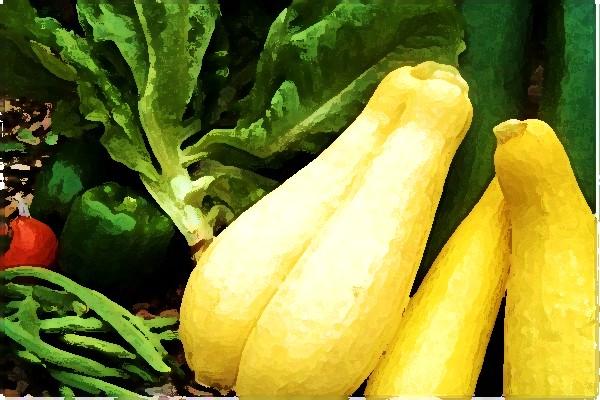Organic food, once regarded as part of hippie culture, is quickly gaining in popularity and commanding larger sections in local supermarkets. Even big business wants a part of the “green” as they race to create products that are more environmentally and health-friendly. The advantages of organic food are many. While some consumers might buy organic food strictly for its health benefits, others support the organic movement for environmental reasons and animal rights. Lastly, there are those who just want to see their local organic farmers thrive.
Rich in Antioxidants
According to findings by the “Journal of Agricultural and Food Chemistry,” organic foods are at least 50-percent higher in cancer-fighting antioxidants called phenolics, particularly flavonoids. When plants are threatened by naturally occurring environmental stressors and insects, they produce bitter-tasting flavonoids as a means of self-preservation. Consequently, it’s these flavonoids that also boost their beneficial antioxidant properties to humans. The application of pesticides and herbicides, however, degrades these natural cancer-fighting compounds, as well as lowers plants’ resistance to pests and disease. Likewise, plants no longer have to produce the same quantity of flavonoids to protect themselves, lowering their overall cancer-fighting properties.
Health Benefits
As organic food becomes mainstream, and public knowledge about the harmful effects of chemicals at the cellular level becomes more widespread, many people are opting to go organic. Because organic produce is grown without the use of dangerous pesticides and fertilizers, consumers greatly reduce their overall exposure. Likewise, organic animal products such as meat and milk are free of antibiotics and hormones. Eating organic produce and animal products is especially important for lactating women, as pesticide residue can transfer from mother to baby through breast milk.
Animal Rights
Animals such as cattle, pigs and poultry that are raised for organic food products are done so humanely. Unlike animals on factory farms that must endure cramped, often filthy living conditions, it is mandated that animals on organic farms be given certain rights. These rights include access to natural light and open pastures, as well as a diet of grass and organic grain. In addition, these farms are often graded on how handlers treat their animals and the conditions under which they are slaughtered. In short, organic farmers ensure that their animals receive the best possible treatment and living conditions during their lifetime.
Environmental Protection
Organically grown food is also better for the environment because it promotes sustainability. Methods of growing organic food are done in a way to greatly reduce or eliminate environmental pollution. The use of synthetic chemicals is prohibited so that there is no compromising the quality of the soil, water and air. Furthermore, a main focus of organic farmers is the cultivation of healthy soil and the symbiotic relationship between the land, water, air, crops and animals.
Support Local Economy
Many people tout that organic food just tastes better; however, this might be a testament to where the food originates versus how it is grown. Most conventionally grown food has to travel long distances before it reaches your local supermarket, and to preserve its appearance and taste it’s often injected with artificial dyes and preservatives. But food grown organically by local farmers and sold directly through markets and roadside stands tastes better because it is fresh. More importantly, however, is that locally grown organic food supports area farms and vendors, and ensures their livelihood.





